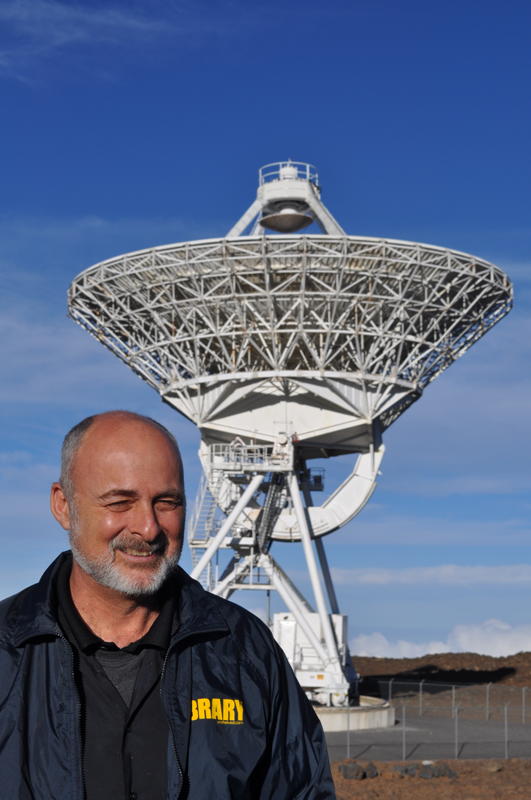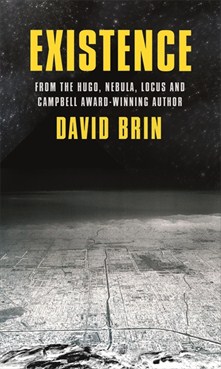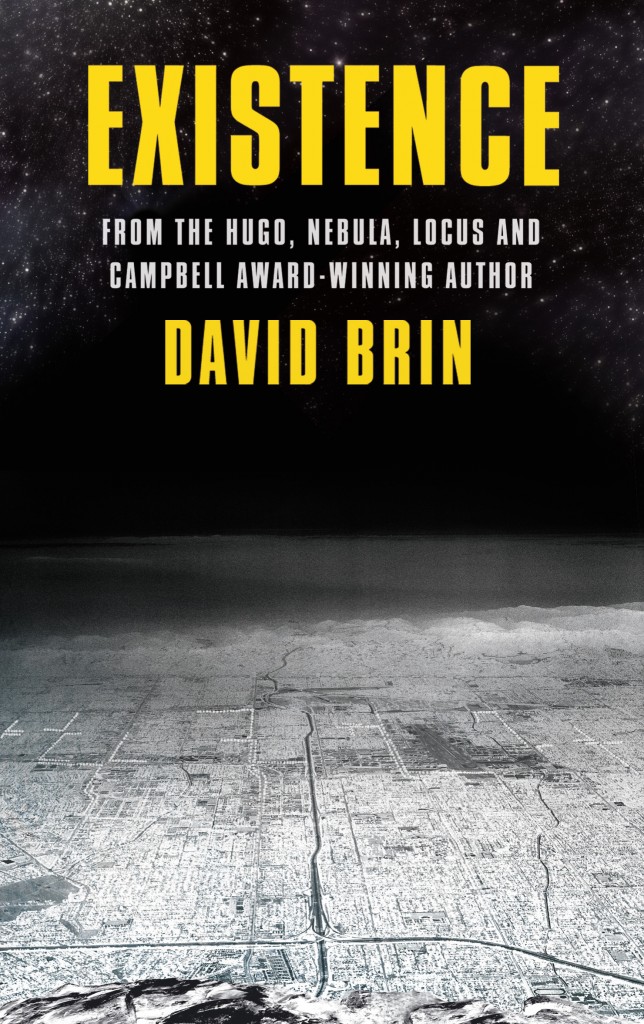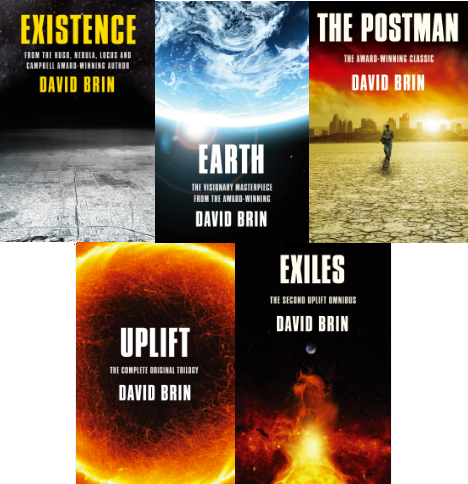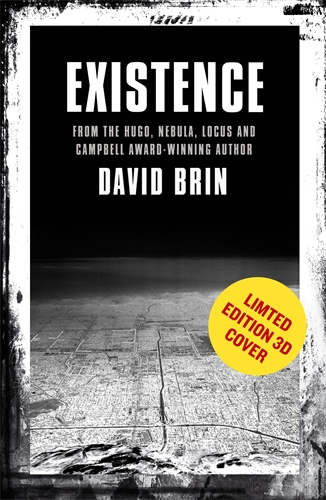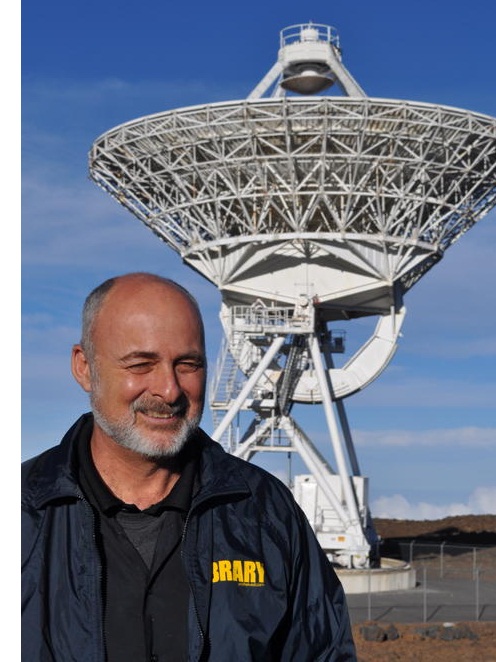Civilisation: are we doomed? SKYFALL and 3 other ways of looking at it . . .
 Last weekend, along with millions of other people I’m sure, I went to see the latest Sam Mendes Bond movie, SKYFALL. I found the film highly entertaining – with some very impressive action scenes, a slickest of slick opening sequence, a surprisingly believable plot (for an action movie I mean…), and a rather irresistible performance from the easy-on-the-eye Daniel Craig.
Last weekend, along with millions of other people I’m sure, I went to see the latest Sam Mendes Bond movie, SKYFALL. I found the film highly entertaining – with some very impressive action scenes, a slickest of slick opening sequence, a surprisingly believable plot (for an action movie I mean…), and a rather irresistible performance from the easy-on-the-eye Daniel Craig.
But I also found it interesting (with my Orbit hat on) that this time, 007 wasn’t having to save the world by disarming a nuclear warhead (think MOONRAKER or THUNDERBALL) or stopping the spread of a deadly virus (think ON HER MAJESTY’S SECRET SERVICE) or prevent an evil communist plot (think CASINO ROYALE and a whole host of other Bonds).
This time, Bond’s role was to combat the destruction looming from the leak of confidential information – by the world’s most sophisticated cyber-terrorist. Highly believable in this age of Wikileaks and hackers being potentially extradited for infiltrating US military systems.
It seems that the disasters befalling the various James Bonds have been evolving through the years – seemingly to keep up with the ways in which our world, our technology and our political and social struggles have been constantly changing. Because it appears that as we progress as a species, the potential pitfalls waiting to bring down Western world and civilisation itself seem to be constantly evolving too – and growing dangerously more numerous by the day. (more…)

